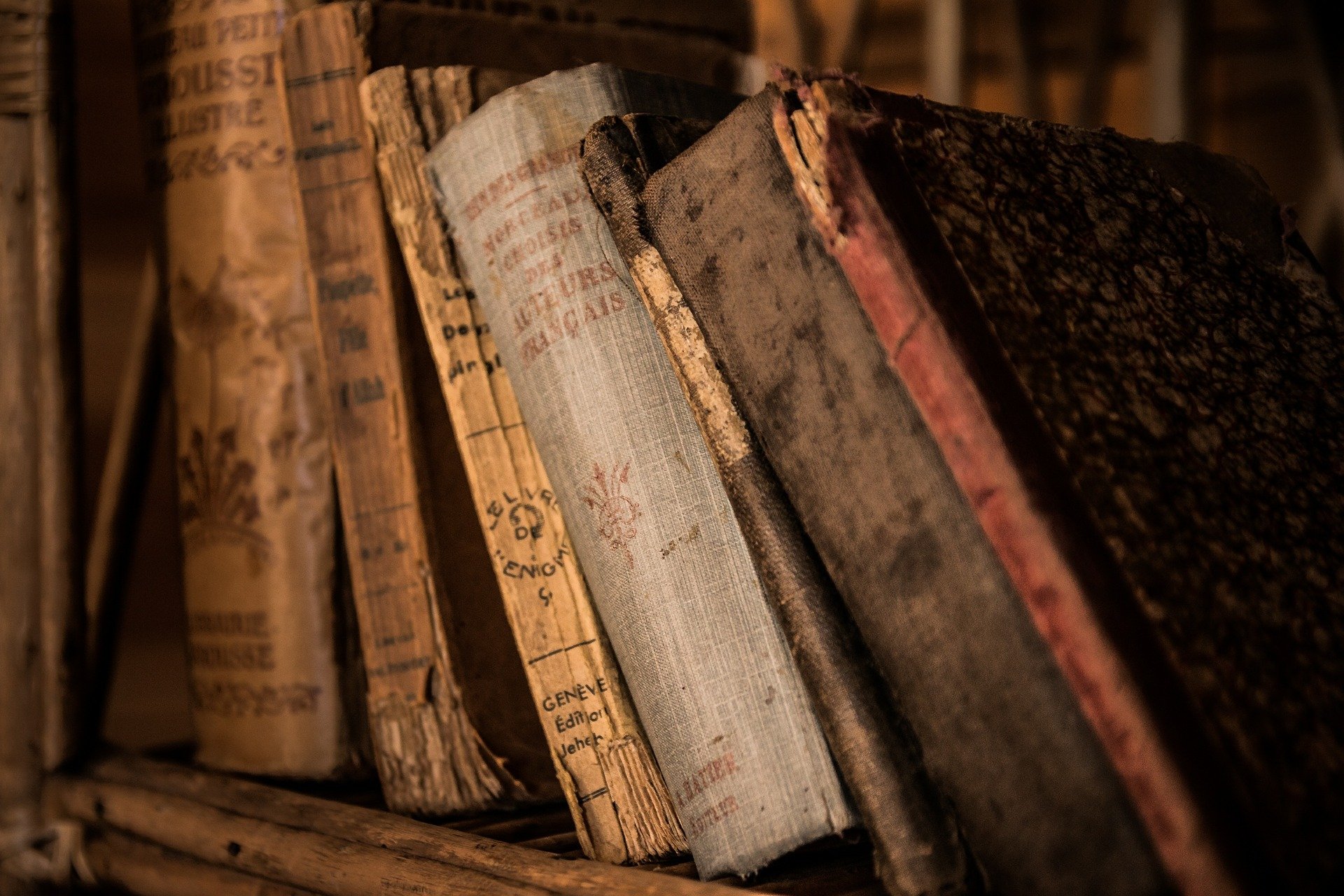Multiple Choice Questions (Short Fiction, Part 2)
4 min read•december 13, 2021
AP English Literature 📚
145 resourcesSee Units
Multiple Choice Practice for Short Fiction (Part 2)
Welcome to the AP English Lit Multiple Choice Questions! Grab some paper and a pencil 📄 to record your answers as you go. You can see how you did on the Short Fiction (Part 2) Practice Questions Answers and Review sheet once you're done. Don't worry, we have tons of resources available if you get stumped 😕 on a question. And if solo study is not your thing, join a group in Hours!

Image Courtesy of Pixabay
Facts about the test: The AP English Lit exam has 55 multiple choice questions and you will be given 1 hour to complete the section. That means it should take you around 10 minutes to complete 9 questions.
The following questions were not written by CollegeBoard and although they cover information outlined in the AP English Literature and Composition Course and Exam Description the formatting on the exam may be different.
1. What is syntax?
A. Word choice
B. The arrangement of a sentence, including word choice and punctuation
C. Connection between words
2. What is organization?
A. A group collaborative
B. Identifying the beginning, middle, and end
C. When perspective shifts from one character to another
3. What is language?
A. Word choice as it relates to context, typically over a full piece of writing or a complete excerpt
B. Dialect spoken in an area
C. Word choice
4. What is imagery?
A. Colorful language
B. Symbolism
C. Figurative language used to represent objects, ideas, or a degree
D. Descriptive language
5. What is diction?
A. Word choice, particularly unique word choice
B. What a word means
C. When a word gives direction
6. What can be inferred by these details? "(Our attention goes to the two girls upstairs in their room. NORA is crying. LAURIE sits on the twin bed opposite her, watching.)"
A. Laurie is unfeeling
B. Nora has been denied the opportunity to pay for new lodging
C. Their father has passed away
7. What is a tragic flaw?
A. A specific character trait that leads to the character's downfall
B. A particular moment that makes a character evil
C. A personal shortcoming
8. What is objectivity?
A. When a character is consumed by a singular goal
B. A story with an antihero
C. An unreliable narrator
9. What is hamartia?
A. Innocence
B. A tragic flaw, specifically related to the protagonist
C. Only negative character traits
10. What is an epiphany?
A. A sudden realization
B. Words meant to represent something more harsh
C. A character defined by religious traits
11. What is cacophony?
A. A large collection, usually of animals
B. The feeling something is too quiet, like an echo
C. Word choice that is deliberately dissonant
12. What is irony?
A. When two events occur simultaneously
B. Two events causing a divergence
C. Two events that are entirely expected by the audience
13. What is dramatic irony?
A. When the audience is aware of a reality, to which the actors are blind.
B. The events that bring about a death
C. The events which occur to derail a plan
14. What is a paradox?
A. When one thing exists only because its opposite is true
B. Two related characters
C. Two events connected by a shared outcome
15. What is juxtaposition?
A. A character trait found between two characters
B. One character used to show emphasis of another character's traits
C. A pair of similar props
- 🙌 Time to check your answers on Short Fiction (Part 2) Answers and Review.
- 🤝Connect with other students studying AP Lit with Hours.
Browse Study Guides By Unit
🧐Exam Review – Multiple Choice Questions (MCQ)
MC Answers and Review (Short Fiction, Part 2)
- Answers and Review for Multiple Choice Practice on Short Fiction (Part 2)
- Answers and Review for Multiple Choice Practice on Poetry (Part 2)
- Multiple Choice Practice for Short Fiction (Part 2)
- Multiple Choice Practice for Poetry (Part 2)
- Answers and Review for Multiple Choice Practice on Short Fiction (Part 2)
📝Exam Review - Poetry Analysis Essay
📕Exam Review – Short Fiction FRQ
🎭Unit 3 – Intro to Longer Fiction & Drama
⚔️Unit 4 – Character, Conflict, & Storytelling in Short Fiction
🛠️Unit 6 – Literary Techniques in Longer Works
🏛️Unit 7 – Societal & Historical Context in Short Fiction

Fiveable
Resources
© 2023 Fiveable Inc. All rights reserved.